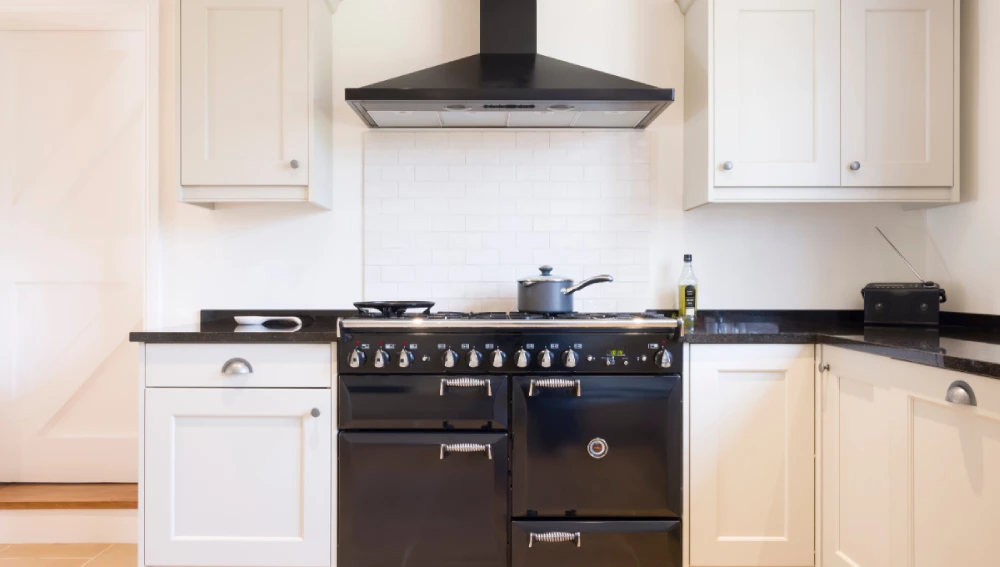Are you a prospective homebuyer, architect, or construction pro? You may wonder what a modular home is. How does it differ from traditional site-built homes? The modular homes are factory-built, pre-engineered structures. They are carefully transported to the building site and assembled there. They offer a range of benefits. These benefits are attracting the attention of various housing industry stakeholders.

Pros and Cons of Modular Homes
Pros
Shorter Building Time:
- One big advantage of these homes is the much shorter construction timeline.
- Most of the building process happens in a factory.
- So, on-site assembly is much faster than for a site-built home.
- It often takes weeks, not months.
Flexible Specifications:
- Modular home designs offer much customization.
- Homeowners can customize the layout, finishes, and features to their needs and preferences.
- This flexibility also applies to the ability to easily change or expand the home future.
- This makes it a versatile choice.
Reduced Waste:
- The modular homes are built with precision and factory control.
- They have less waste than site-built homes.
- This helps the homes be more sustainable and eco-friendly.
Potentially Better Construction:
- The modular homes often use better materials.
- They also have stricter quality control compared to traditional site-built homes.
- This can result in a more durable and energy-efficient final product.
Cons
Customization Limitations:
- The modular homes offer much customization. But, they may have some limits compared to a fully custom-built home.
- Certain design elements or features may be restricted by the modular construction process.
Additional Costs:
- Modular homes’ upfront costs can be higher than those for traditional homes.
- This is due to the specialized manufacturing process and transportation needs.
- But, these costs may be offset. There will be savings in energy efficiency and maintenance.
Preconceived Notions:
- Some homebuyers may have preconceived notions about the quality or looks of such homes.
- These average ideas can be a barrier to their widespread adoption.
- Aware the public about the progress in modular home design and construction can fix these views.
How Much Does a Modular Home Cost?

- The cost of a modular home can vary a lot. It depends on factors like size, features, and location.
- On average, it tends to cost Rs. 4,000 to Rs. 12,000 per square foot. The lower end is for basic, entry-level models. The higher end is for luxury options.
- The total cost includes the base price of the home. It also includes the cost of site prep, the foundation, utilities, and any upgrades.
- Homebuyers should weigh these factors. They should do this when budgeting for a modular home project.
What Is a Modular Home’s Resale Potential?
- The modular homes have had strong resale value.
- They often perform as well as or better than traditional site-built homes.
- This is because of the high-quality construction and energy efficiency.
- Also, these homes are now more accepted and desired in the housing market.
- However, the resale value of a modular home can be influenced by factors including the location.
- Also, the local real estate market matters. So does the level of customization and upgrades made to the home.
- Like any real estate investment, buyers must research the local market.
- They should ask real estate pros. They need to know the potential resale value of a modular home.
Who Is a Modular Home Right For?
The modular homes can be an attractive option for a wide range of homebuyers, including:
- First-time homebuyers: Looking for a more affordable and efficient housing solution.
- Families: Seeking a customizable and flexible living space that can grow with their needs.
- Environmentally-conscious individuals: Interested in sustainable and energy-efficient construction.
- Homeowners in remote or rural areas: Where traditional site-built construction may be more challenging.
- Investors or real estate developers: Seeking a cost-effective and time-saving construction method.
Modular Homes Vs. Manufactured Homes Vs. Mobile Homes
| Feature | Modular Homes | Manufactured Homes | Mobile Homes |
| Building Code | Constructed as per the mentioned building codes as site-built homes | Built as per federal Manufactured Home Construction and Safety Standards (HUD code) | Built as per the same HUD code as manufactured homes |
| Foundation | Transported to the noted site and rightly assembled on a permanent foundation | Transported to the site on a permanent chassis | Designed to be easily transported and relocated |
| Customization | Can be customized and integrated into the local architectural style | Generally less customizable comparatively | Customization opportunities are less but possible. |
| Lifespan | Typically, 50 years or more with proper maintenance | Typically, 30-35 years or more with proper maintenance | Typically, it has a limited lifespan based on age, condition, and maintenance |
Conclusion
The modular homes are a compelling alternative to traditional site-built construction. They offer homebuyers, architects, and construction professionals many benefits. These include faster build times. They also have flexible customization and may be more energy-efficient and durable. The modular home industry is evolving and gaining acceptance. It is likely to become more popular. People seeking innovative, sustainable, and cost-effective housing will choose it.

